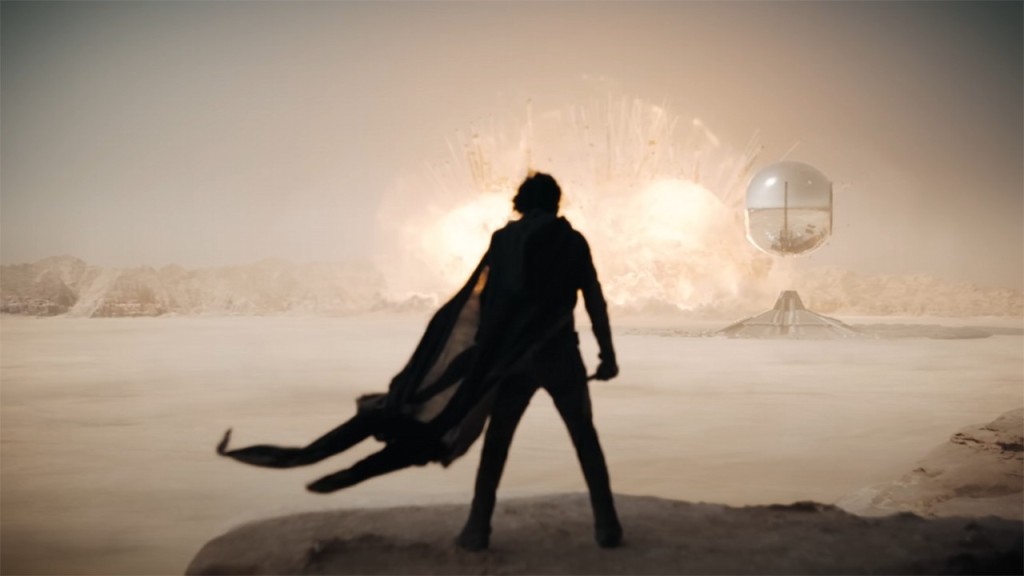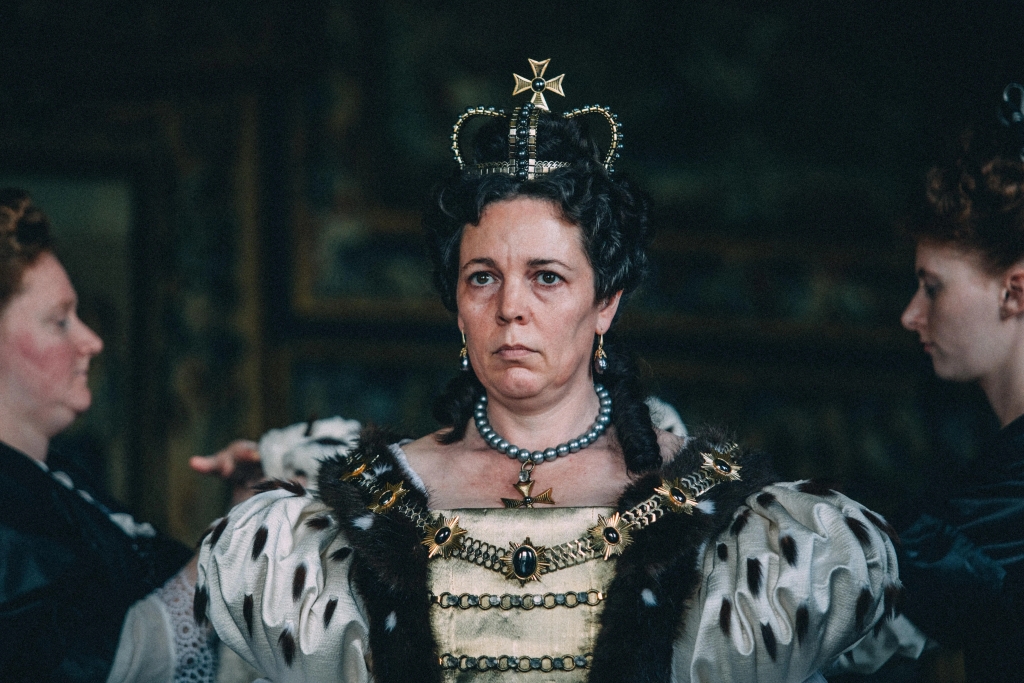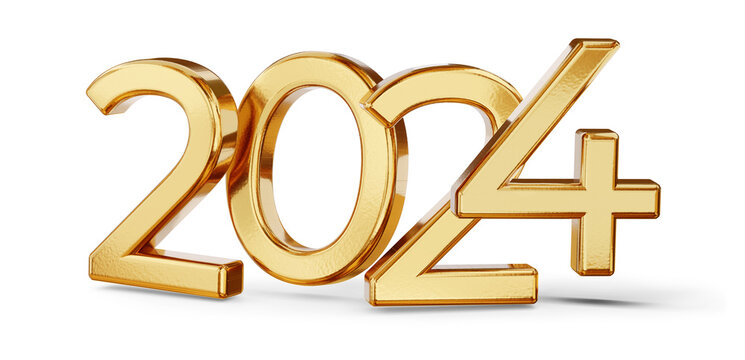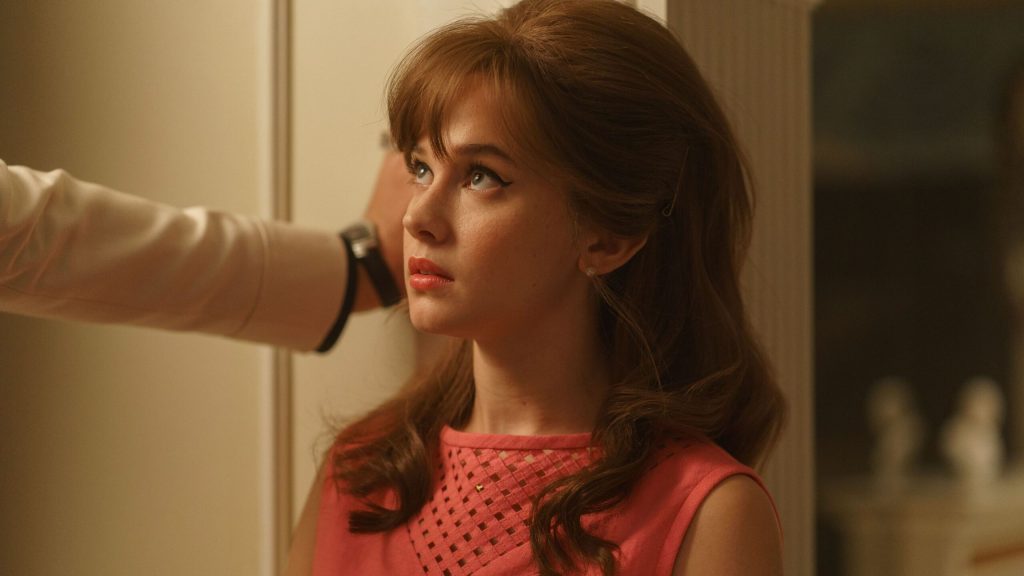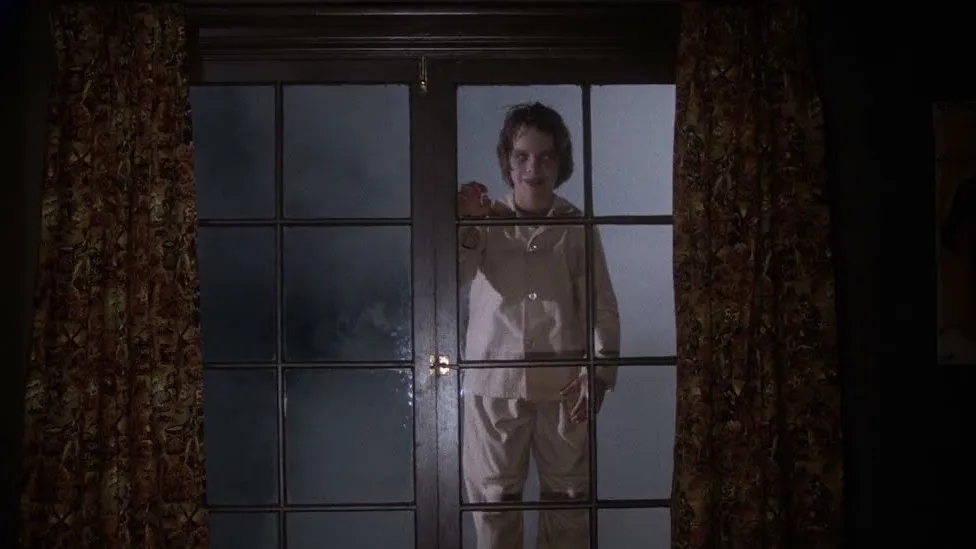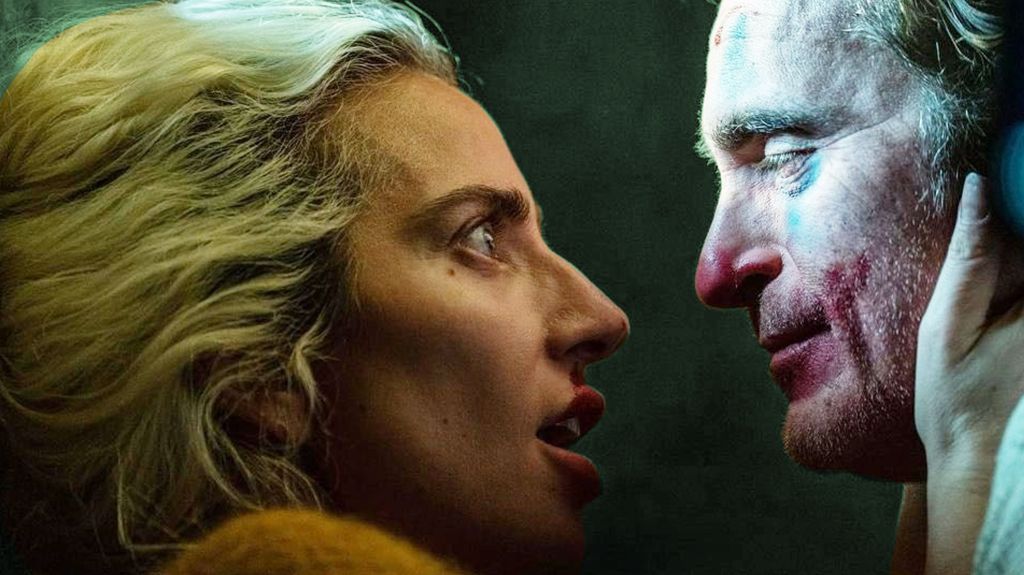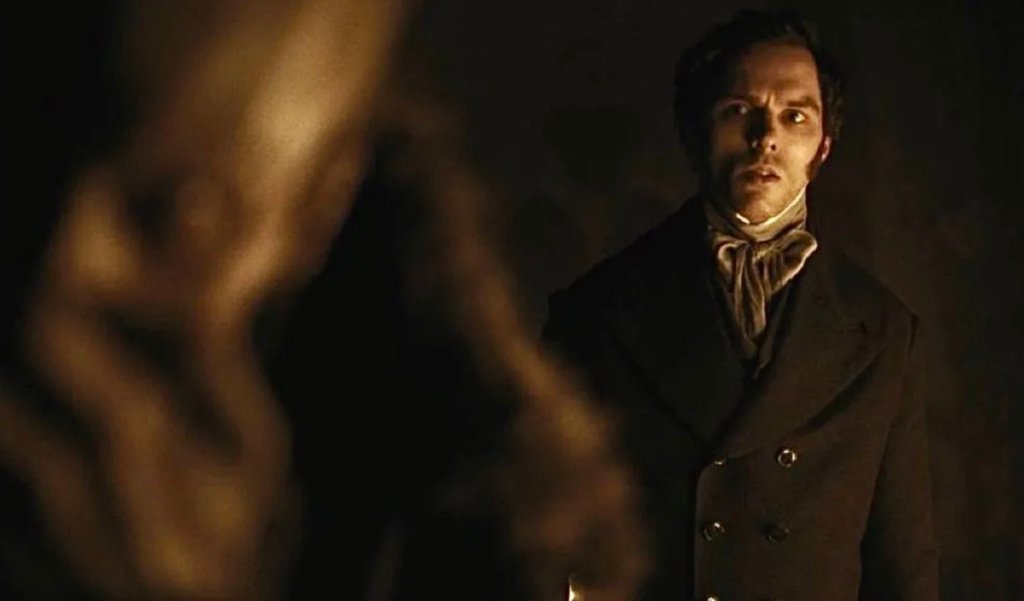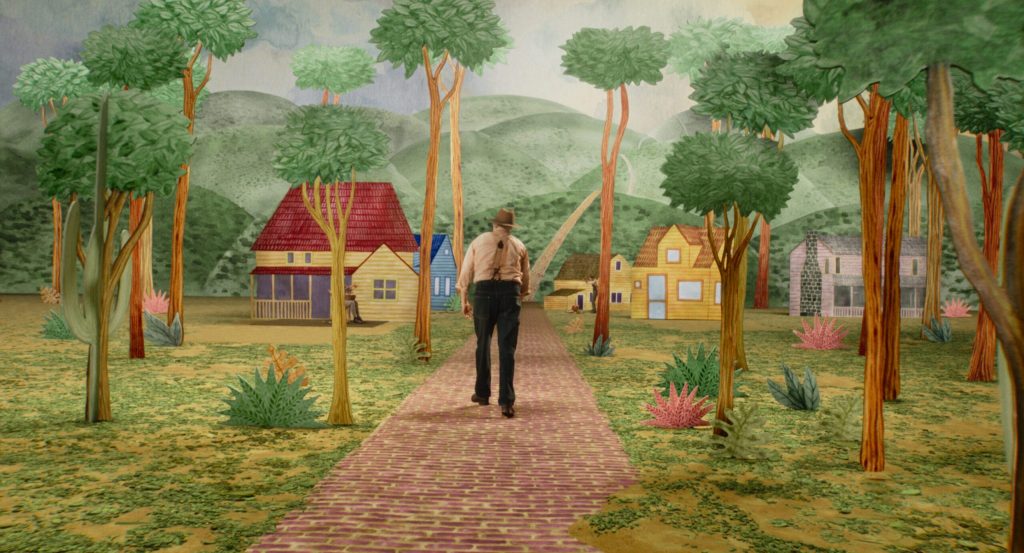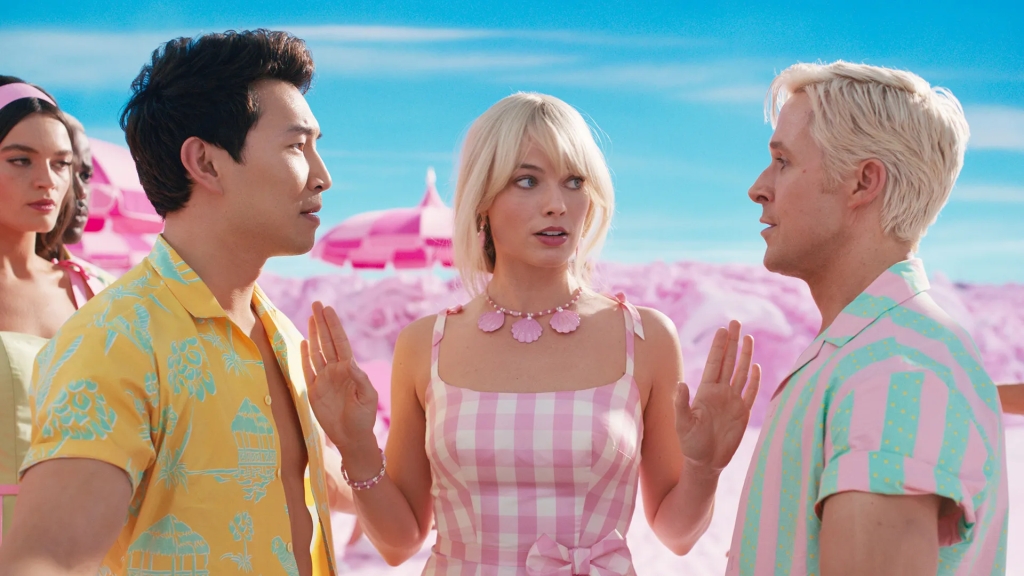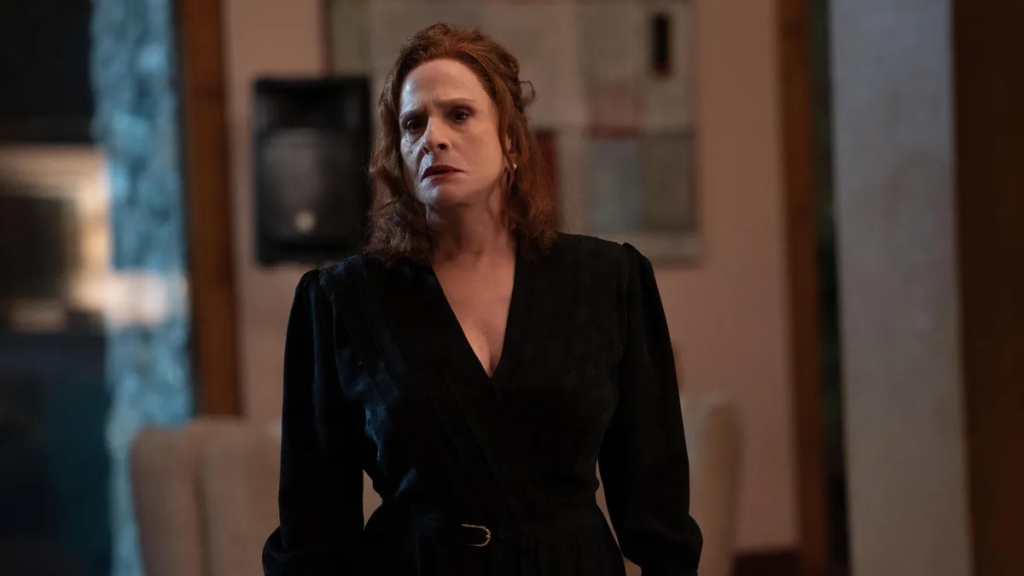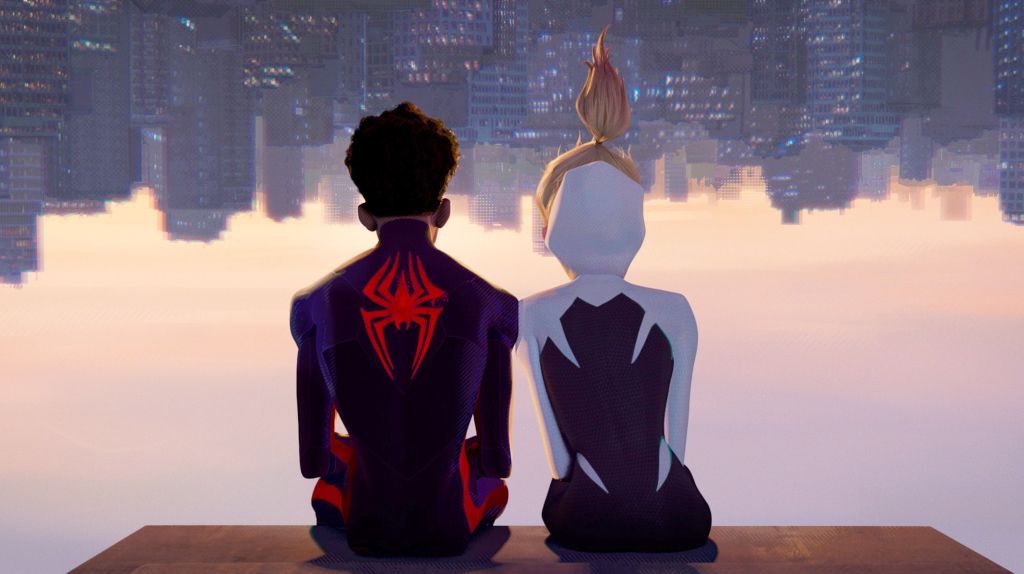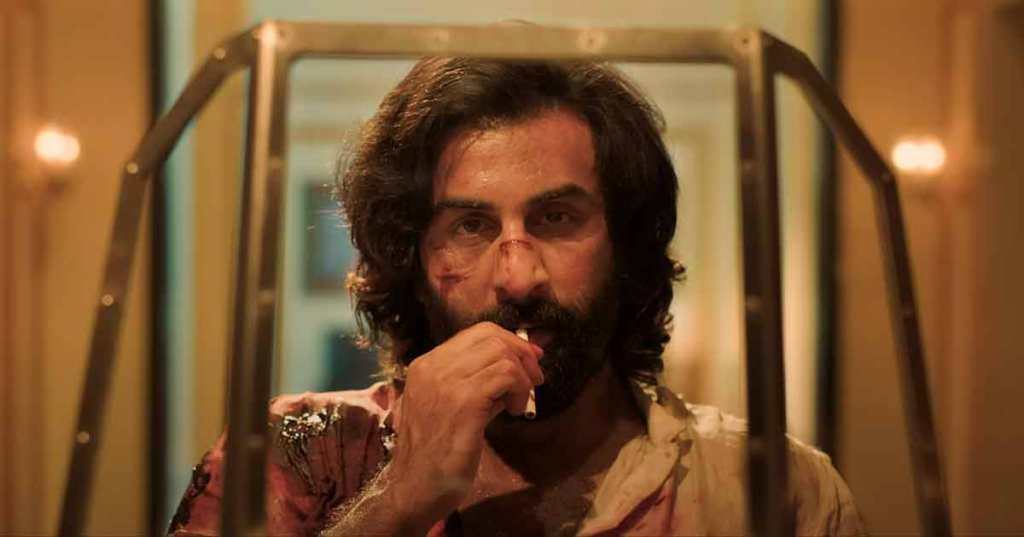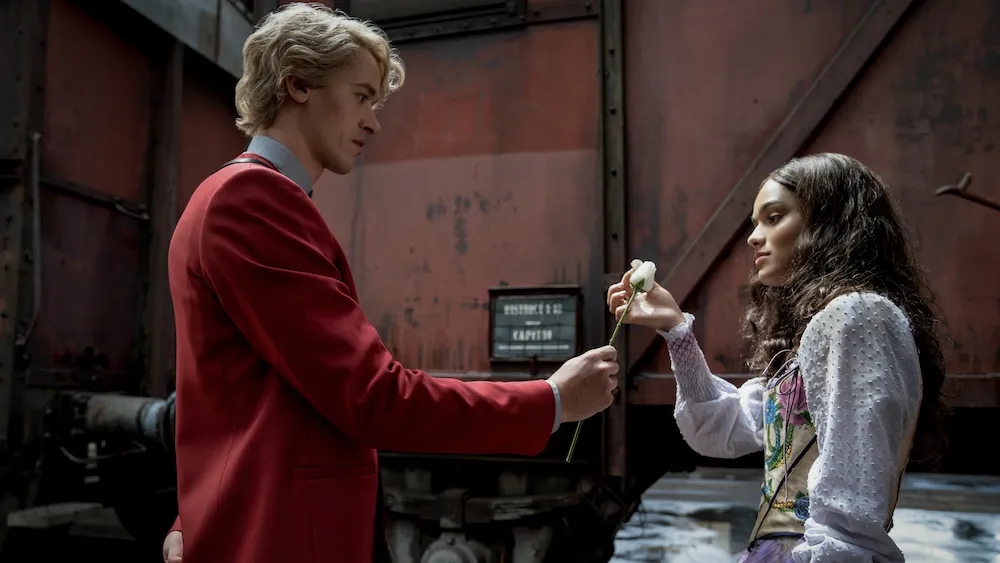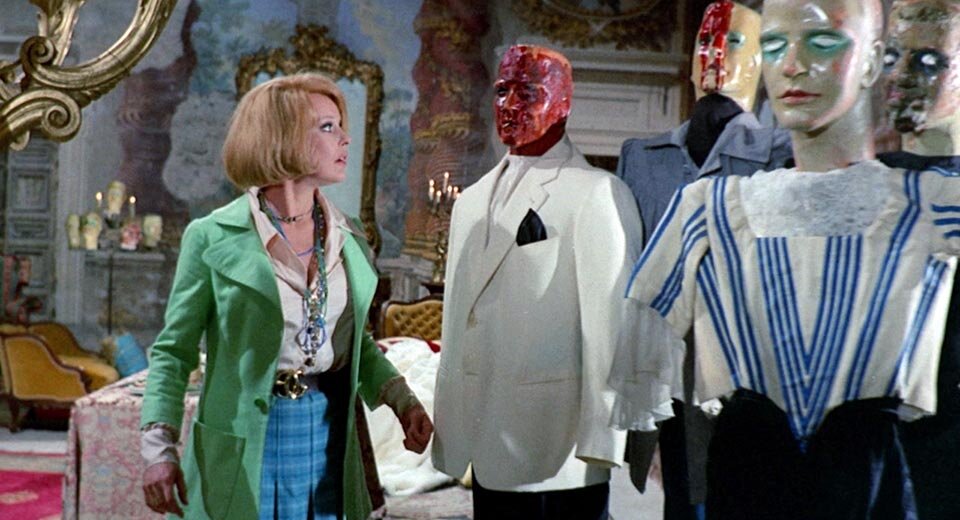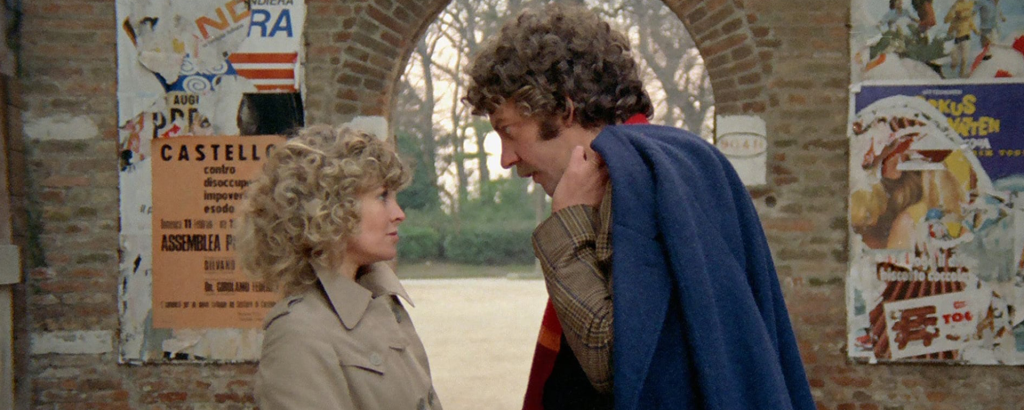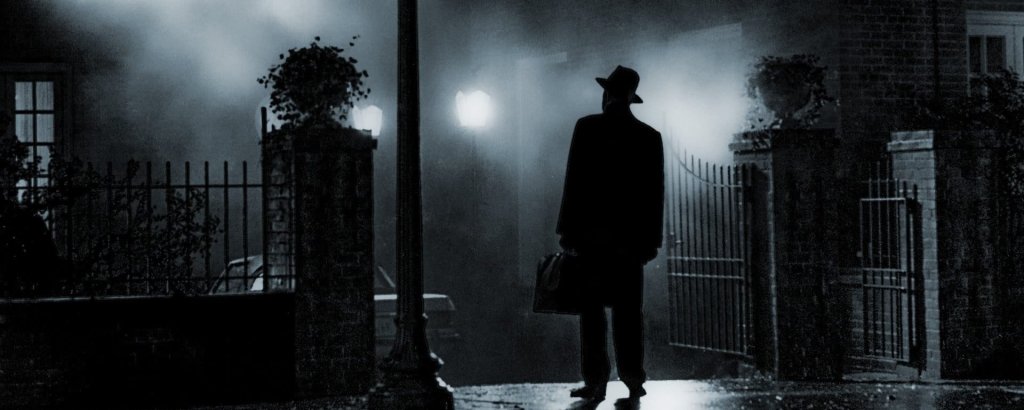Preamble
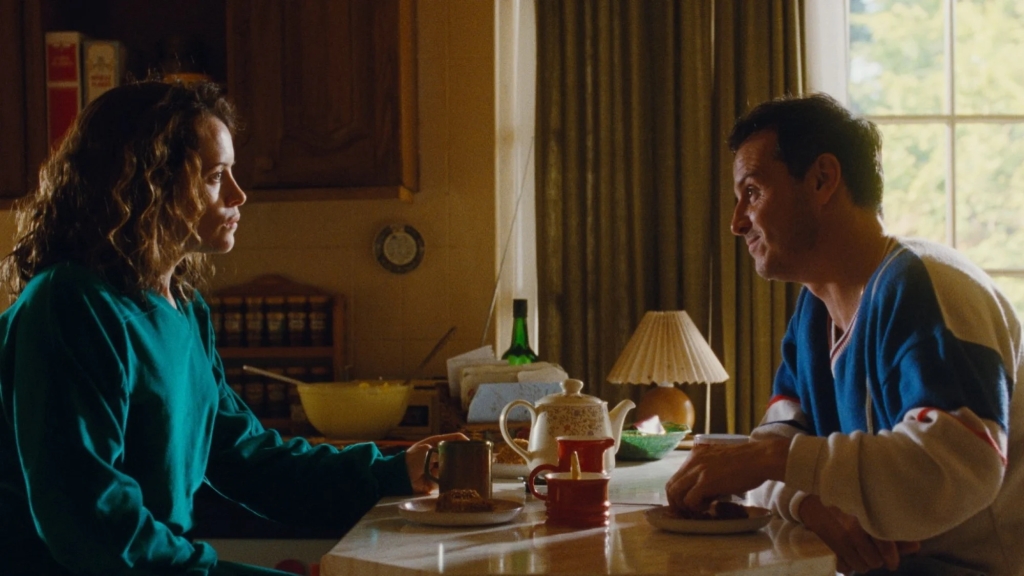
“Back to formula.” The simple but effective punchy line delivered by Norman Osborn (Willem Dafoe) from Spider-Man (2002) has been on my mind a lot lately. When I feel lost in the wilderness of life, work and lack of motivation, sometimes taking things back first principals helps a great deal. In the case of my blog, it was sparked by all the wholly original cinema I was seeing whilst I was at university and a constant need to write about it (quality be dammed etc). So, to that end, I’ve strived to try and go back to mindset so that I’m frequently posting again. With that said, have you seen All of Us Strangers? Let me know in the comments below.
Review
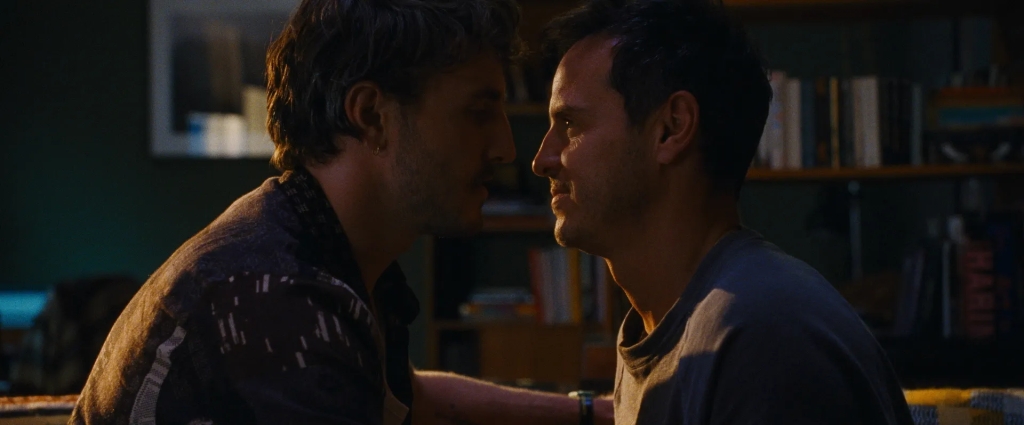
All of Us Strangers is a deeply haunting film about the lengths we travel to keep our loved ones alive in our minds. The second adaptation of Taichi Yamada’s novel, Strangers, depicts a lonely writer, Adam (Andrew Scott) who is currently attempting to write about his parents. They died during a drunken car crash when Adam was 12 years old. The film depicts the various meetings he has with them as a grown-up, which is juxtaposed with a burgeoning romance he has with his neighbour, Harry (Paul Mescal).
On the surface, All of Us Strangers does not have the traditional trappings of a ghost story. It’s more of an urban chamber piece that has metaphysical implications for its central character. Andrew Haigh’s filmmaking subtly places Adam in typical situations where he sees himself in various mirrors. And the horror comes from how these mundane aspects are distorted to create a sense of unease and fracturing of Adam’s mind. These vary from one scene that depicts Adam (in a medium shot) seeing himself expand within a tube window to an infinite regress view of the character in a lift reflection (that echoes the famous mirror scene from Citizen Kane).
The result is a film that’s much more interested in the emotional truth that comes from Adam’s various conversations. The tone of these encounters varies from heartfelt to awkwardly amusing as Adam’s parents and Harry come to terms with his occupation and sexuality. They’re also meaningful because Adam discusses his sexuality in an open and frank way, whilst realistically trying to give voice to the culture and era his parents grew up in. At the same time, there’s also a playful dissection of what it means to be gay from a linguistic perspective as Adam and Harry share their thoughts on what it means to be queer vs gay etc.
In a sense, this openness becomes an opportunity for Adam to come to terms with how he feels about his sexuality and whether or not he can open himself to a loving relationship. Whilst this emotional therapy session resonated, I found the film’s theme of how much a writer keeps his loved ones alive through fiction quite interesting. Is it a conscious thing due to Adam feeling he never had a meaningful relationship with his parents? Or is it mealy sub-consciousness trying to piece together the broken fragments of a painful past?
In the moments where Andrew Scott downplays what others think about his sexuality during a conversation with his mother, Scott’s performance is most heartbreaking. It speaks to the character trying to uphold the tacit British cultural norm of “Stiff Upper Lip.” In his deep longing looks and seemingly half-amused facial expressions, the character tries to put on a brave face to hide the pain he desperately wants to share. Whether being drunk or sober, Paul Mascal brings such warmth to Harry that it covers up for a painful revelation about his relationship with his family.
The casting of Claire Foy and Jamie Bell as Adam’s parents feels meta in the sense that their previous indelible performances as Queen Elizabeth II and Billy Elliot, create an ironic lens to view their characters. Aside from that aspect, they’re both excellent in portraying a sense of inner turmoil and processing in their perceived roles in bringing up Adam. In particular, a scene where Bell’s character soulfully sings a few lines from “Always On My Mind” by Pet Shop Boys results in a touching realization of the guilt and love he carried within his parenting.

